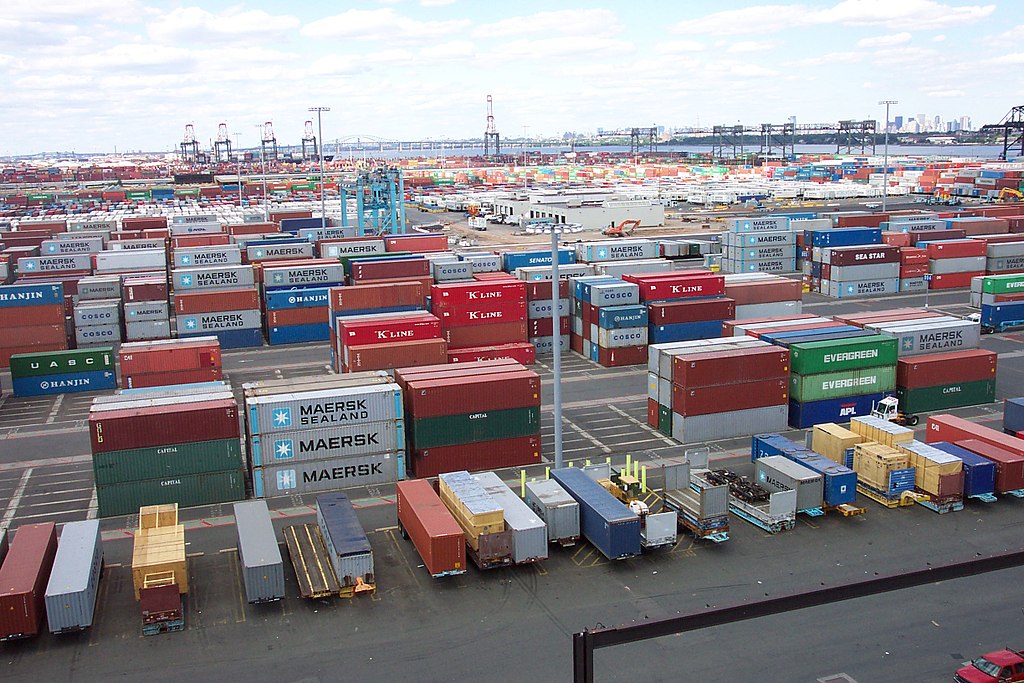The imposition of safeguarding duty on solar modules from China and Malaysia and ‘developed countries’ has resulted in India importing more from nations such as Vietnam, Singapore and Thailand.
From April to November, imports of cells and modules from Singapore – worth Rs489 crore – Vietnam (Rs263 crore) and Thailand (Rs155 crore) recorded annual growth rates of 242%, 440% and 2,711%, respectively. However, the combined import value of Rs907 crore from those countries was still a small proportion of the overall April-to-November solar import figure of Rs8,947 crore, according to the Financial Express.
Solar imports from China fell around 48% during the period, but still made up a significant Rs6,974 crore slice of the overall figure – almost 78%.
The continued importation of Chinese modules for central government-run projects, where safeguard duty costs are accounted for as a pass-through, is negating the benefit of the duty for Indian solar manufacturers, warns the newspaper report.
Double standard
“About 3 GW to 4 GW of existing NTPC and Solar Energy Corporation of India (SECI) projects are buying Chinese products as they have been allowed pass-through of safeguard duty cost,” said Sunil Rathi, director of sales for Waaree Energies, quoted in the Financial Express. “Capacity addition is not taking place on satisfactory levels and domestic capacity utilization factors are still low.”
The Indian government imposed a safeguarding duty of 25% on PV module and cell imports from Malaysia, China and developed countries for two years. The Ministry of Finance’s Department of Revenue levied the duty based on recommendations from the Directorate General of Trade Remedies (DGTR). In its report, the DGTR had concluded increased imports of PV cells in India had caused “serious injury” and threatened “to cause serious injury” to domestic producers.
In line with the notification issued by the ministry, a 25% safeguarding duty was imposed between July 30 last year and July 29 this year. The duty will then taper down to 20% between July 30 and January 29, 2020, and to 15% from January 30 to July 29, 2020.
This content is protected by copyright and may not be reused. If you want to cooperate with us and would like to reuse some of our content, please contact: editors@pv-magazine.com.









1 comment
By submitting this form you agree to pv magazine using your data for the purposes of publishing your comment.
Your personal data will only be disclosed or otherwise transmitted to third parties for the purposes of spam filtering or if this is necessary for technical maintenance of the website. Any other transfer to third parties will not take place unless this is justified on the basis of applicable data protection regulations or if pv magazine is legally obliged to do so.
You may revoke this consent at any time with effect for the future, in which case your personal data will be deleted immediately. Otherwise, your data will be deleted if pv magazine has processed your request or the purpose of data storage is fulfilled.
Further information on data privacy can be found in our Data Protection Policy.